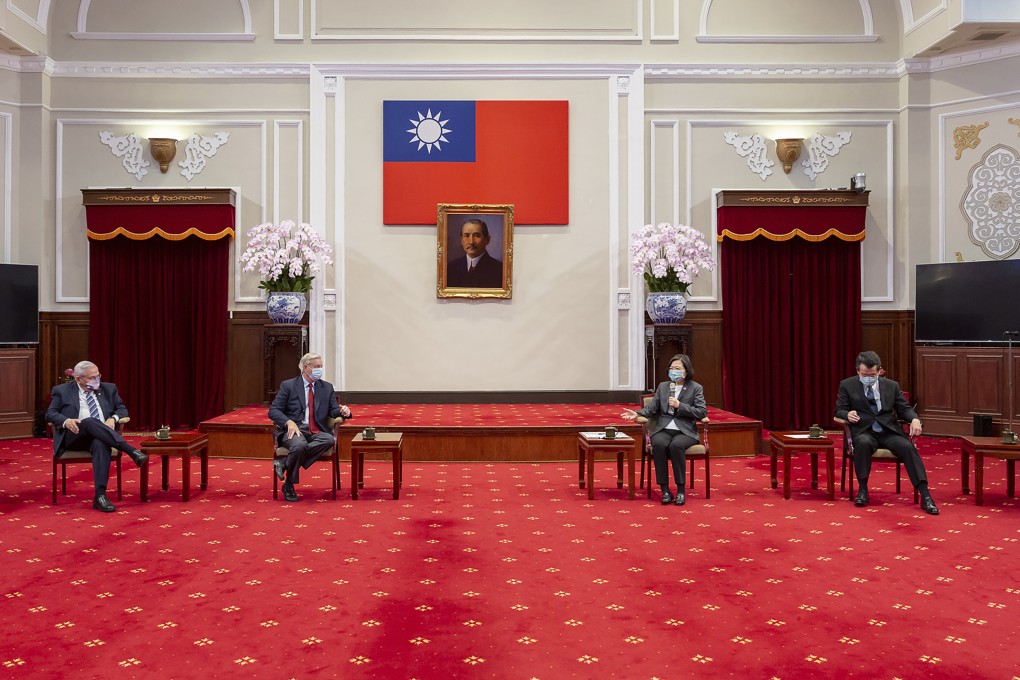Editorial | Unnecessary US provocations heighten regional uncertainty
- Washington is stirring tensions for political and strategic gain through weapons sales to Taiwan and talk of a visit to the island by high-ranking politicians

The arms sale was the second approved in as many months and third since Biden took office 15 months ago. It continues an approach adopted by his predecessor, Donald Trump, who strengthened ties with Taipei to further rivalry with Beijing. A wise move would have been to reassess so reckless a strategy, but anti-Chinese sentiment is bipartisan and so strong in Washington that the administration has opted to move even closer to Taiwan and its independence-minded leader, Tsai Ing-wen. Revamped guidelines encourage exchanges between American dignitaries and Taiwanese counterparts and last November, two congressional delegations met with senior officials.
Indignation is warranted given that Washington has signed agreements pledging to uphold the one-China principle and respect Chinese sovereignty. But when the US switched diplomatic relations from Taipei to Beijing in 1979, a congressional act obligated it to ensure the island’s defence. Russia’s invasion of Ukraine would appear to be an excuse for Biden’s administration to sell more weapons, siding with Taiwanese officials who contend Beijing plans similar action against the self-ruled island it considers a renegade province.
